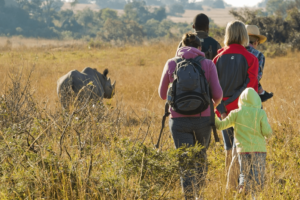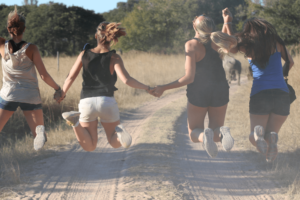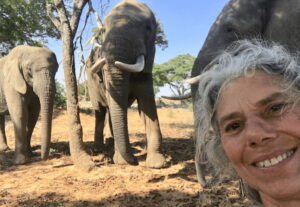In this post we aim to answer one of the most persistent myths about voluntourism – that volunteers hurt communities economically, and take paying jobs away from locals.
With scrutiny of volunteer projects at an all-time high, we want to bust two common volunteer myths about voluntourism and its impact on local communities.
1) Volunteers take jobs from locals
We say:
There is no doubt that some projects shift jobs from locals to less skilled (volunteer) labour. But this is definitely not the case in every scenario.
– The very act of hosting volunteers and international visitors creates jobs in other areas:
- Cooks and housekeepers to feed and house volunteers;
- Staff to look after them while they do their work;
- Interpreters and community liaison staff;
- Shops that sell snacks and souvenirs;
- Qualified locals who work alongside volunteers on projects such as building, farming and teaching.
– Volunteers give free assistance to communities – whether it be an extra pair of hands to fetch water; assistance with reading for children who are falling behind; helping plant crops more quickly.
– The financial benefits of volunteers to communities cannot be discounted. Without volunteers contribution, many communities would not be as well-supported, funding being used to provide equipment to start businesses; training and skills development, and ongoing maintenance of machinery. There is obviously a larger question here about where volunteers money goes, and this is addressed in our posts – Why do I have to pay to volunteer and 7 ways to choose an ethical volunteer programme).
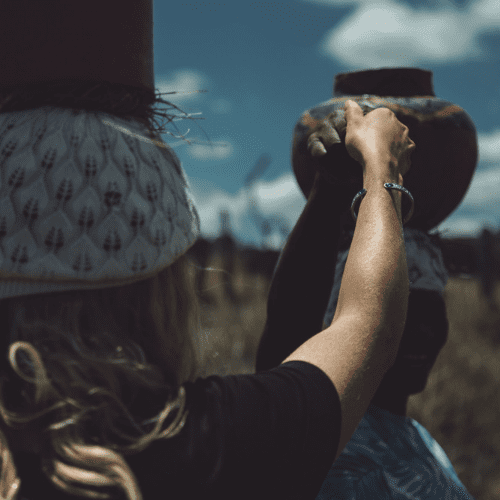
2) The work volunteers perform is useless
We say:
Volunteer labour definitely isn’t always perfect, and critics say volunteering focuses on feeling good rather than doing good. However, the scores of volunteers we have placed and spoken to are all genuine in their desire to help others, and have participated in necessary, responsible and valuable work. Some of it IS life-saving and some of it WILL help save the planet.
Volunteering should be seen as a two-way exchange – of culture, skills, humanity and point of view – so that each party benefits. People from third world countries may be poor financially, but they are rich and skilled in other ways, and will offer you a different perspective.
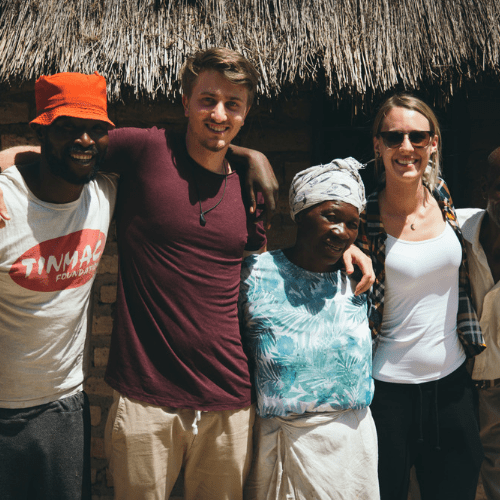
The benefits of volunteers to communities:
Provision of needed skills – for example computer training, early childhood english literacy, reading practice, art and music. The key here is that the community should decide what skills would most benefit them.
Funding – organisations in developing countries often struggle to find sustainable, long term sources of funding.
Bonds – this is the magical factor of ethical and thoughtful volunteering. The very essence of a volunteer shows that someone outside of the host community cares – that the community is therefore connected to the outside world. This reinforces that we are all human, and all occupy the same place in the world.
Relationships – very often a volunteer will form a long-term and lasting bond with a member of the community, resulting in a relationship that lasts decades. For example, one of our volunteers from Wisconsin – Ann, has supported a child from a rural Zimbabwean community through school and tertiary education – affording Simbarashe otherwise impossible opportunities.
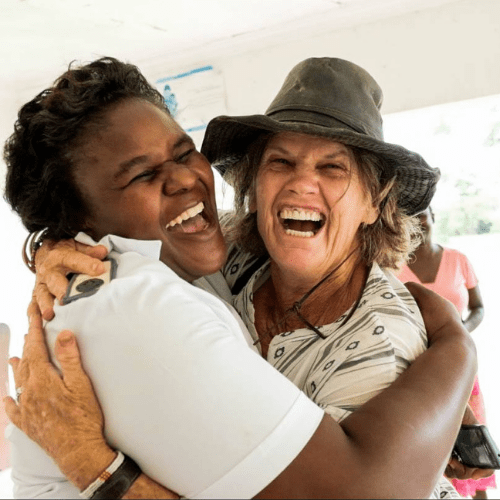
The benefits to volunteers of volunteering:
Satisfaction of the need to give.
Improves skills and develops new ones – whilst developing your professional skills (in, for example engineering or economics), is not always the case, community immersion in Africa teaches a raft of soft skills such as communication and empathy – both essential to understanding a globalised world.
Shifts your outlook – question your assumptions, stereotypes and fears and broaden your view of the world. We have watched friends choose new life-changing directions after a volunteer experience.
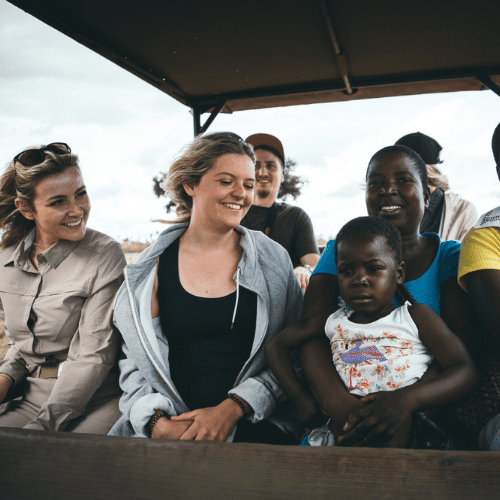
– – – – – – – – – – – – – – – – – – – – – – – – – –
Sadly, not all volunteer projects are created equal, and we strongly advocate that all potential volunteers ask in-depth questions of the organisations they want to work with.
What is important to understand, ideally before you go volunteering and definitely once you are there is:
- How the task you doing is having a long term positive impact
- What is the role and value of volunteers in the achievement of their goals – particularly where there is a community (e.g. teaching or building) element included.
- Is the project is guided by and directed by locals – who know what does and doesn’t need doing, and what their community or wildlife really needs.

